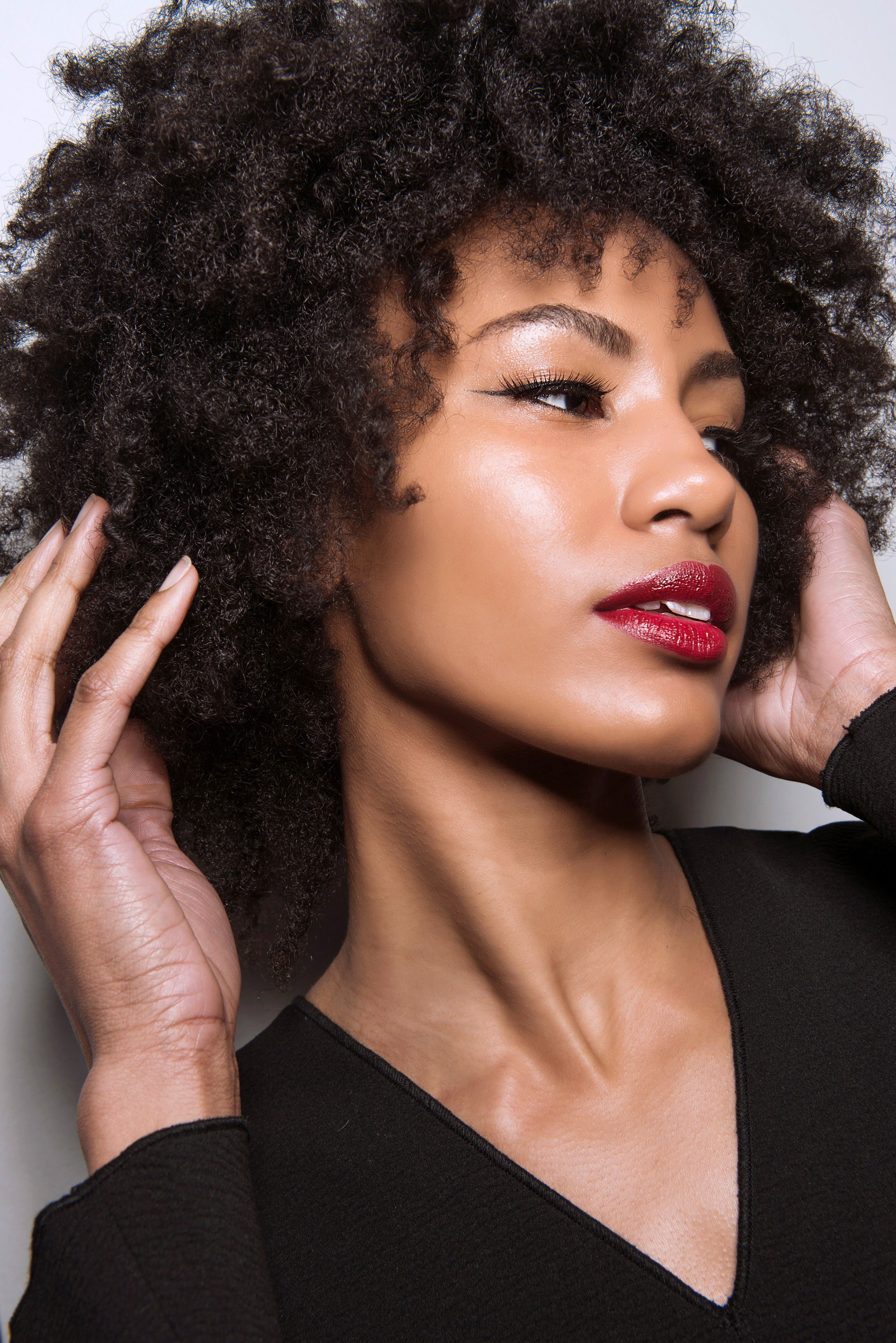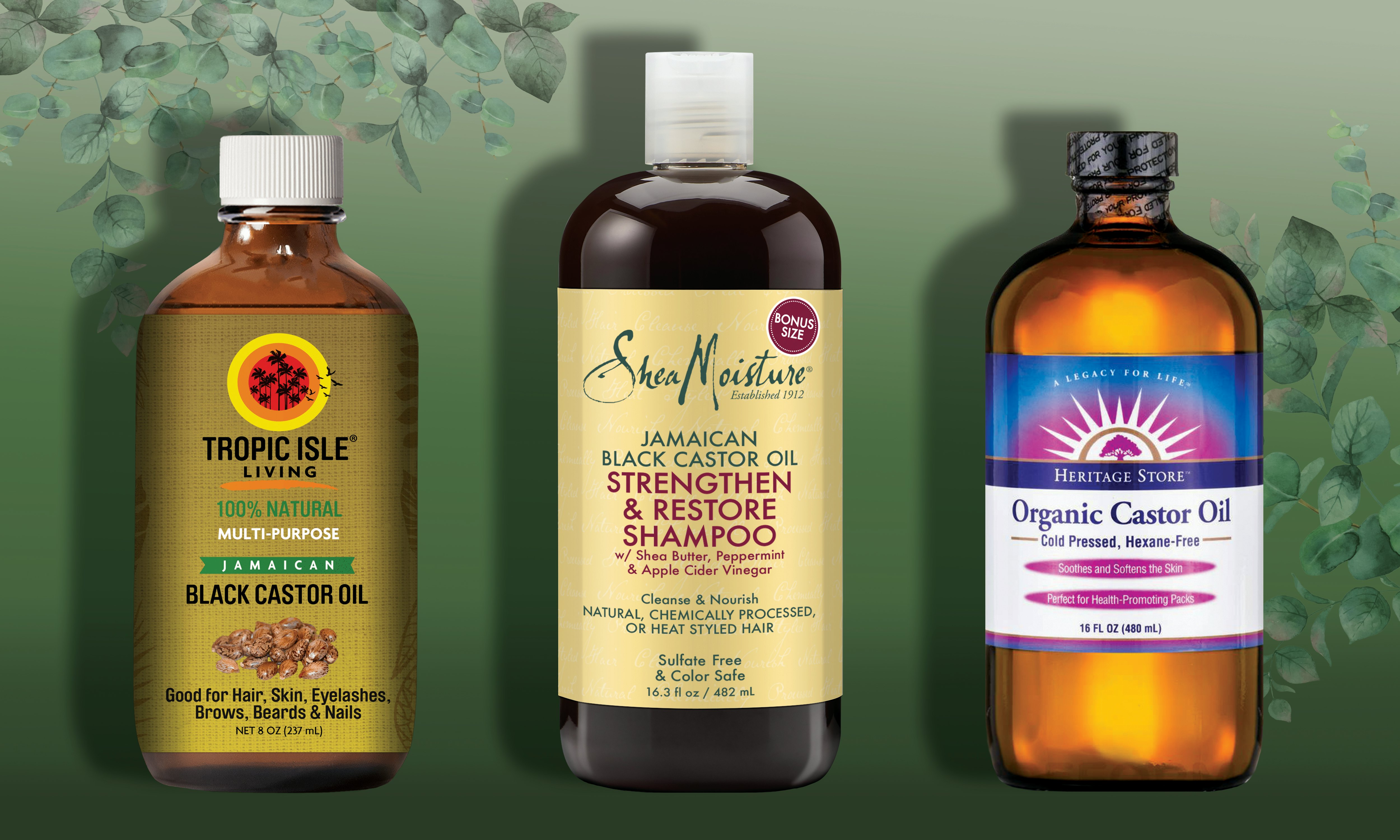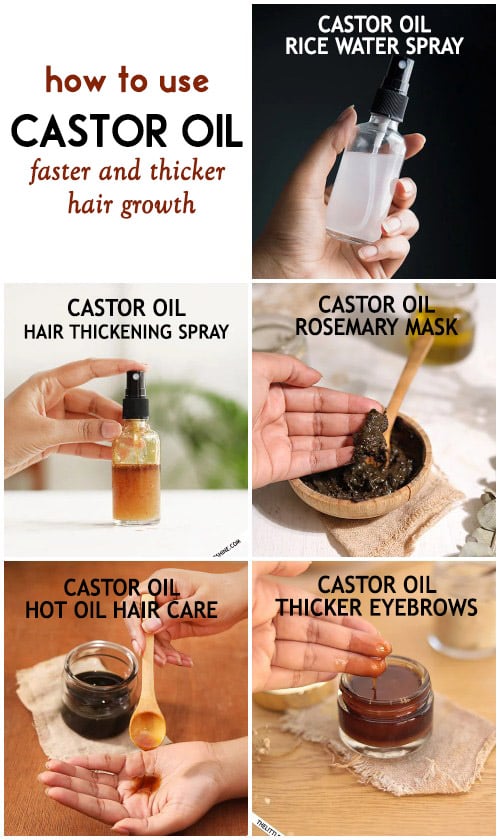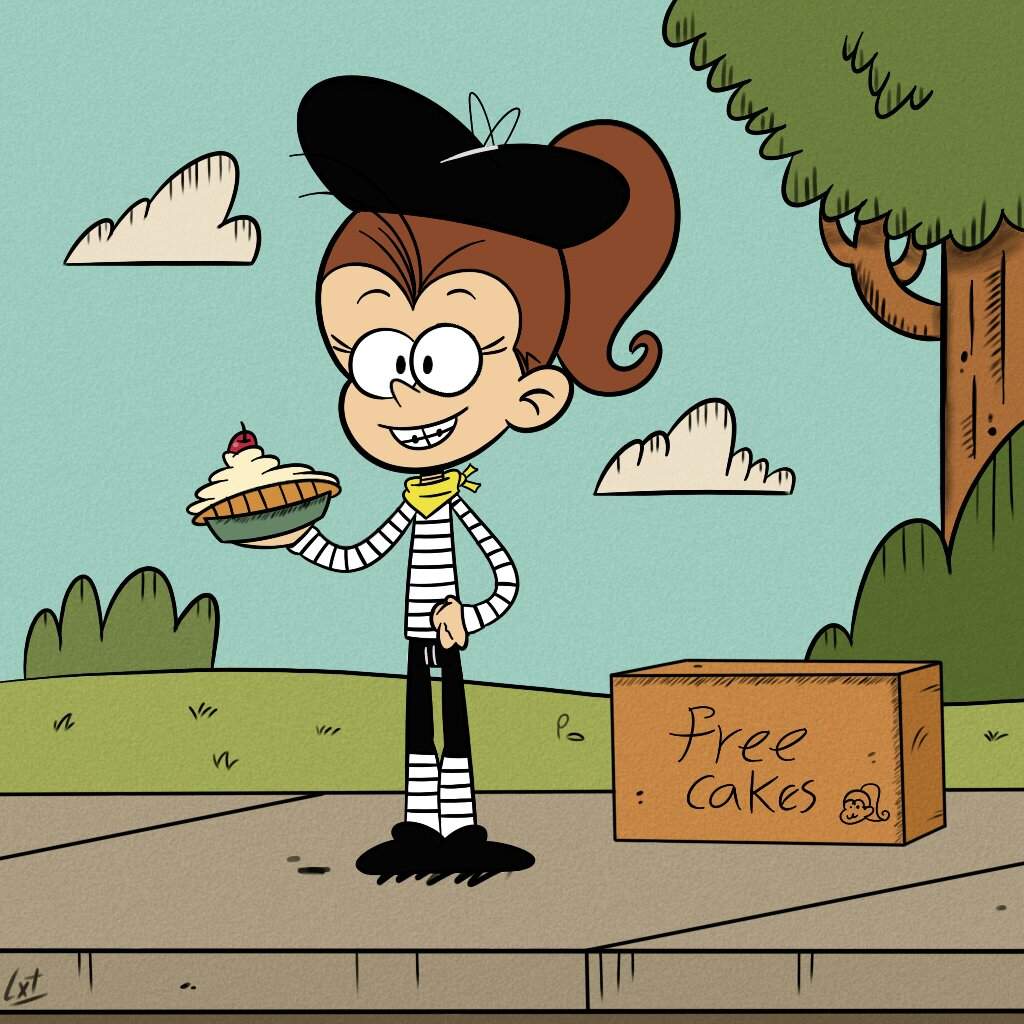Table Of Content

Note that the numbers in parentheses (1, 2, etc.) are clickable links to these studies. She has also written about sexual wellness, fashion, culture, and politics both at Marie Claire and for publications like The New York Times, Bustle, and HuffPost Personal. She has worked extensively in the e-commerce and sales spaces since 2020, including two years at Drizly, where she developed an expertise in finding the best, highest quality goods and experiences money can buy. As a film school graduate, she loves all things media and can be found making art when she's not busy writing.
Castor Oil for Hair: The Pros and Cons, According to Experts
Steer clear if you have a flaky, oily scalp condition, like seborrhoeic dermatitis, as "applying castor oil to your scalp and leaving it on can make the problem worse," she explains. "[Castor oil] is widely used in haircare for its supposed benefits as a hair growth stimulant and moisturizer," says Snehal Amin, M.D., a board-certified dermatologist in New York. While there is a lot of speculation that it can help with hair thickening and growth, the jury is still out — currently, more scientific data is needed to prove any of these benefits. Here, the lowdown from experts on what castor oil can — and can't — do for your hair.
Castor oil benefits for skin
Unfortunately, no, castor oil alone does not increase hair growth, says trichologist Shab Caspara. Though castor-oil fans claim it can “stimulate” your hair follicles and “increase hair growth,” there are no studies or scientific evidence proving that castor oil will help your hair grow, notes Hill. TBH, no topical product alone can make your hair grow faster or prevent hair loss—only your hormones, genetics, health, and age can do that, explains Hill. Which is why “hair growth requires a comprehensive approach,” including healthy hair and scalp habits. "Plus, it's also filled with antioxidants and has antibacterial and antifungal effects," Dr. Cheung adds, making it a perfect oil for dry scalps and even drier hair.
No, Castor Oil Won’t Solve All (or Any) of Your Health Problems
The produced oil typically has a pale-yellow or almost colorless appearance with a subtle mild scent. It has many medicinal, household, and pharmaceutical uses and is also widely used in skincare and cosmetics for its potential healing properties. The thing that bugs me the most about a lot of hair oils on the market is that they are often too heavy and hard to wash out.
Does castor oil really help your hair grow?
Some people use castor oil for eyelash growth, but no scientific research has shown this is actually effective. Keep in mind that castor oil topical wound treatments contain a combination of ingredients, not just castor oil. You should not apply castor oil to any wound without checking with a healthcare professional first.
5 Amazing Benefits and Uses of Castor Oil - WION
5 Amazing Benefits and Uses of Castor Oil.
Posted: Thu, 23 Nov 2023 08:00:00 GMT [source]
How long does castor oil take to grow your hair?
You can also incorporate castor oil into your routine with a deep conditioner (whether a formula made with castor oil, or by adding a few drops to your favorite) to keep your hair from looking dried out. If you're interested in using castor oil for hair growth, try rubbing just a few drops into your scalp. You can also massage a few more drops into your hair's midsection and ends to help protect against breakage and improve its texture. Castor oil is a favorite ingredient in hair products because it is nourishing to your scalp as well as your strands, thanks to its combination of vitamins, fatty acids, proteins, and antioxidants. While castor oil can cause side effects, it's usually related to the scalp and should not cause hair to fall out. "Some people may have a skin sensitivity to castor oil, and this can cause problems when it’s rubbed into the scalp," Kingsley says.
Castor Oil for Eyelash Growth: Everything to Know - InStyle
Castor Oil for Eyelash Growth: Everything to Know.
Posted: Mon, 11 Mar 2024 07:00:00 GMT [source]
A Timeless Remedy
Bridgette Hill is a certified trichologist, colorist, and scalp therapist. Dr. Nikki Hill is a board-certified dermatologist and hair restoration expert. You'll also need to use it before it reaches the end of its shelf life. Once opened, castor oil will start to go rancid after about one year. Leave on for minutes, then rinse out with shampoo to remove the oil. Castor oil coats the hair shaft and keeps external moisture out, which is key to reducing frizz.
Side Effects of Using Castor Oil on Hair
When shopping for castor oil, you might see some products that say "cold-pressed" on their labels. Cold-pressed means the castor seeds were pressed into the oil without heat or harsh chemicals. Many say cold-pressed oils are the best quality and more nutrient-rich than those processed with heat. Castor oil comes from the castor bean, which is rich in ricinoleic acid—a type of fatty acid known to fight inflammation. It seems as if every other day there's a new skin or hair ingredient en vogue that's suddenly deemed the miracle worker we've been waiting for. Considering that we live in the age of TikTok and light-speed trend cycles, this isn't necessarily surprising, but it does make us question what does and doesn't work.

This variety is made with roasted castor beans and the ash the roasting process produces. Jamaican black castor oil is considered especially good for thick, dry, and/or coarse hair. There's no science to back up claims that castor oil is good for hair.
Customers also write that the product is great for sensitive skin and scalps, and never causes irritation. The first thing you should know about castor oil that is you don’t need to apply a ton of it to see results, so it's okay to use it sparingly. You also don’t need to use castor oil every day, as Ruggeri notes that it's best to be applied on a weekly basis.
Its unusually high ricinoleic acid ratio makes it beneficial to skin and hair. There are tons of ways to use it—Kohatsu says it can operate like a cleansing oil for hair, prevent moisture loss or color fade, and improve hair quality naturally by being antibacterial and anti-inflammatory. “When we were in the beginning stages of formulating a new haircare collection, we wanted a main ingredient that really did everything,” Terry adds. “This oil has antibacterial and anti-fungal properties that help prevent dandruff (which is so helpful in colder months) and scalp infections." Then, massage it on your hair, comb it through, and let it sit for a few hours.
Many of these claimed benefits of castor oil are not well-supported by evidence. Here’s a look at some of the most commonly touted skin and hair benefits of castor oil, whether they’re worth trying, and any side effects to consider. Yates says that creating an at-home natural castor oil treatment is also an easy option, and it can be used in various ways. To create a pre-shampoo treatment, she suggests applying a castor oil mixture on the mid-lengths and ends of hair to help alleviate dryness sometimes caused by shampooing super damaged ends or overprocessed hair. “This will help protect damaged ends from becoming over-dry due to the detergents found in shampoos or even the harshness of the water,” she says.
Castor oil is heavy and very sticky, which makes it hard to remove from hair. It's best to It'ste castor oil with other natural oils like coconut or jojoba. This article discusses how to use castor oil for your hair and the purported benefits. It also covers what to look for when choosing a castor oil product and the possible side effects.
It can be used more often, though I didn’t see any increased results with using it daily. If you have a condition like eczema, findings suggest that castor oil could further irritate your skin. It’s also mildly comedogenic—or pore-clogging—so it might exacerbate blackheads and whiteheads if your skin is already oily, says Dr. Evans.
She adds that the most effective treatments for hair loss are FDA-approved drugs like Minoxidil and people who are struggling with hair loss should see a dermatologist for treatment. But as with everything, you only see results if you’re using the right oils and doing it consistently. “I typically recommend it for both normal and dry scalp types and those who have damaged, dry hair that is prone to breakage,” says trichologist and hairstylist Helen Reavey, founder of haircare line Act + Acre. If you have fine hair, keeping oil on your scalp and ends for an extended period of time can possibly weigh your hair down (more on this below, though). Castor oil is sometimes marketed as a treatment for dry scalp, hair growth, and dandruff.
























